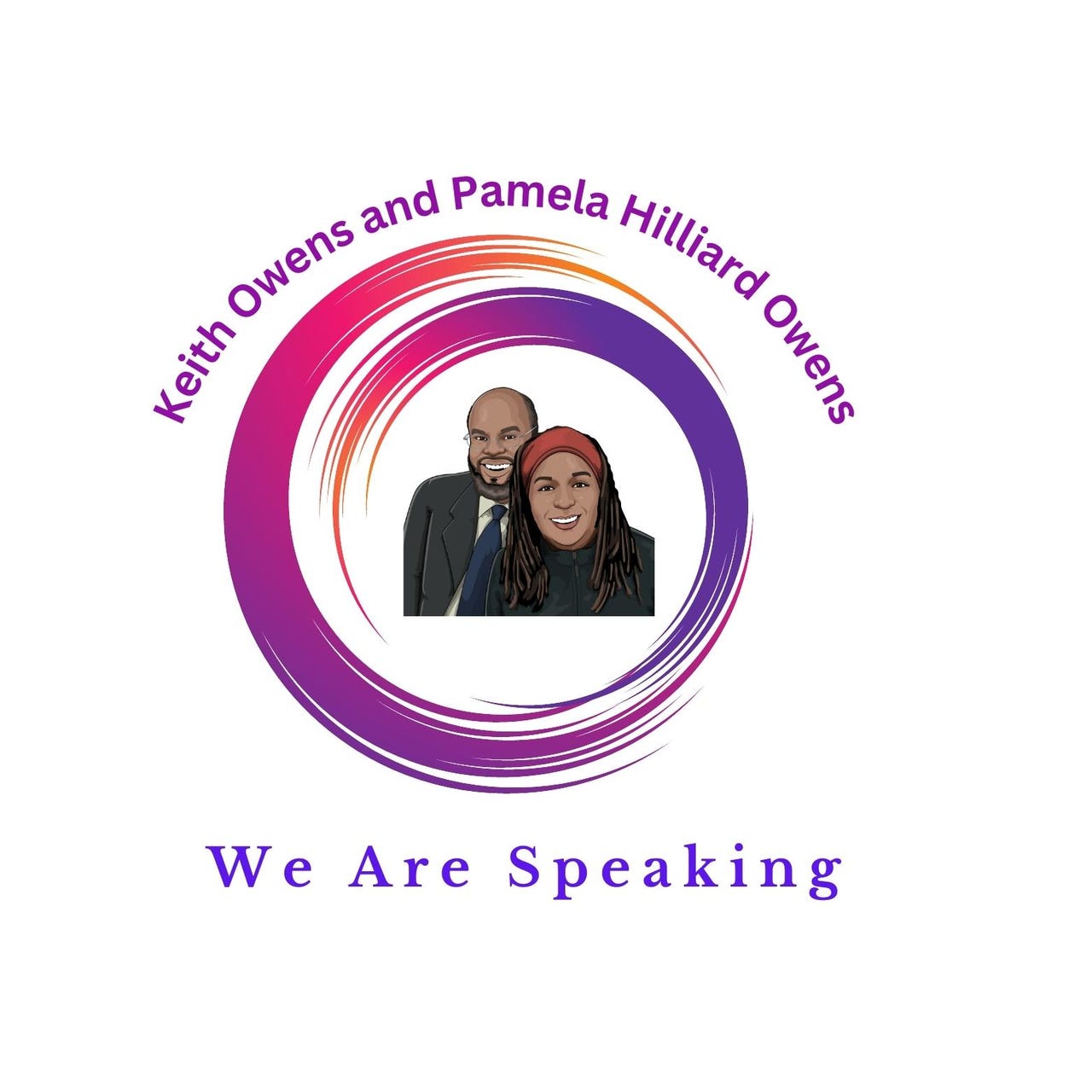Today In Black History: Eatonville, Florida
The first all-Black city officially incorporated in the United States.
Issue #779 Today In Black History, Monday, December 16, 2024
If you like us, REALLY like us, please click the “Like” button at the end of this post!
Your “Likes” mean a LOT to us! We appreciate your support!
Please follow me on Instagram and Bluesky.
Engage with us and our posts in Substack Notes.
Founded in 1887, Eatonville is the first incorporated town established by African Americans. After the Emancipation Proclamation, the Civil War, and the ratification of Amendments 13, 14, and 15, newly free Blacks looked to establish communities of their own, hopefully free from white control and discrimination. Between 1865 and 1900, there were approximately 400 Black towns and settlements, but fewer than 150 became legally recognized municipalities, and Eatonville was the first.
The Freedmen’s Bureau, established by Congress on March 3, 1865, encouraged freed slaves to take advantage of the 1866 Homestead Act that allowed public land to be sold cheaply to poor whites and Blacks.
Finally, in 1882, two white men, Josiah Eaton and Lewis Lawrence, offered to sell Black men 22 acres of land approximately six miles north of Orlando. In 1885, the southern 12 acres were deeded to Joseph E. Clarke, Eatonville's founding father and second mayor.
Clarke bought additional property, growing the city limit to 122 acres. By August 1887, twenty-seven Black men and residents unanimously voted for the Town of Eatonville in Orange County, Floria, to incorporate, officially establishing the oldest all-Black town in the United States.
Townspeople built one-story wood frame houses and set aside land for churches, municipal buildings, clubhouses, and cemeteries. Eatonville also had the area’s best school for Black children, the Robert Hungerford Industrial School.
By the early 20th century, Eatonville had become a community where African Americans could live as they desired, self-governed and independent of white society.
Eatonville is perhaps most famously known as the hometown of Zora Neale Hurston, a prominent figure of the Harlem Renaissance. Hurston's work brought the stories and voices of Black Southerners to the forefront of American literature. Her seminal work, "Their Eyes Were Watching God," draws heavily from her experiences in Eatonville, capturing the spirit and vibrancy of the town and its people.
Hurston’s legacy continues to be celebrated annually at the Zora Neale Hurston Festival of the Arts and Humanities, an event that draws scholars, artists, and visitors from around the globe. The festival stands not only as a celebration of Hurston’s contributions but also as a broader acknowledgment of African Americans' artistic and intellectual contributions.
Eatonville was designated a Historic District and added to the National Register of Historic Places on February 3, 1998. That designation has helped prevent Eatonville from being included in greater Orlando and preserves its independence and history.
Today In Black History
In 1859, the last slave ship, the Clothilde, landed at Mobile Bay,, Alabama, with a shipment of slaves.
In 1870, the Christian Methodist Episcopal Church was organized in Jackson, Tennessee.
In 1875, Alabama A&M College, Knoxville College, and Lane College were established.
In 1875, William J. Whipper was elected Judge of the Circuit Court of Charleston, South Carolina, by the South Carolina General Assembly, but the governor and white conservatives refused to sign his commission.
In 1884, Great Britain recognized King Leopoldo II’s Congo Free State.
In 1976, President Jimmy Carter appointed Andrew Young, Jr. as Ambassador and Chief U.S. Delegate to the United Nations.
In 2020, U.S. Major League Baseball announced the elevation of the Negro Leagues to Major League status.
All “We Are Speaking” posts are now free for everyone to read, and commenting on our posts is now open to everyone!
Please check out Keith’s SciFi Musings Substack for posts about fantasy, sci-fi, and Afrofuturism!
Our paid subscribers are encouraged to discuss this post in our W.A.S. Chat Community.
Join Pamela Hilliard Owens’s subscriber chat
Available in the Substack app and on the web
You are also welcome to view “We Are Speaking” in Substack Notes. You can also read other Substack publications without subscribing to them when you join Notes.
Did you know that you can listen to each “We Are Speaking” post and engage directly with us on the Substack App? Download the app!






